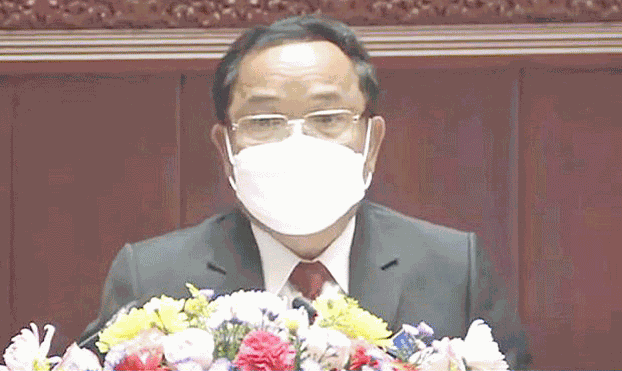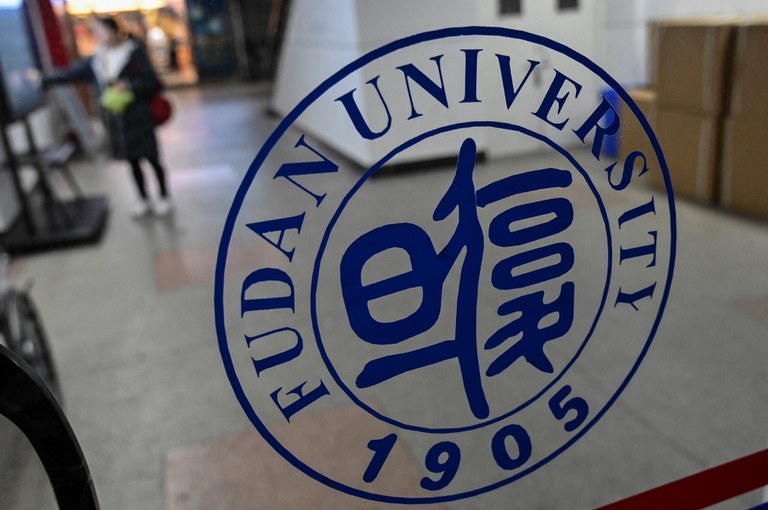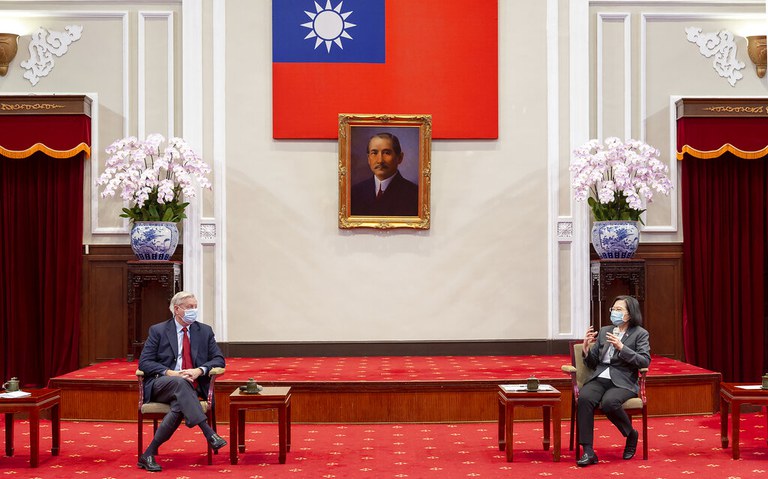North Korea’s weapons system test seen as boosting short-range nuclear capabilities
North Korea said it tested a new “tactical-guided weapon” on Saturday designed to bolster its nuclear capabilities, although experts questioned how big of a military advance the launch represents when Pyongyang has no miniature warheads. The state-run Korea Central News Agency said the test was successful and the new weapons system “is of great significance in drastically improving the firepower of the frontline long-range artillery units and enhancing the efficiency in the operation of tactical nukes of the DPRK and diversification of their firepower missions.” The launch came days before the U.S. and South Korea on Monday began annual joint military exercises, which the North says threatens its sovereignty. The new weapons system, though classified as long-range artillery by North Korea, is not different from guided missiles, Jeffery Lewis of the California-based Middlebury Institute of International Studies’ East Asia Nonproliferation Project, told RFA’s Korean Service Monday. “North Korea uses the phrase ‘Hwasong artillery’ to refer to its long-range ballistic missiles. This is probably what the U.S. government calls a ‘close-range ballistic missile’ that is apparently capable of delivering a nuclear warhead about 100 km,” Lewis said. Photos of the tested weapon appear to show “some kind of heavy rocket artillery or close-range ballistic missile,” Ian Williams of the Center for Strategic International Studies (CSIS) in Washington told RFA. Williams likened the projectile to the KN-25, a tactical ballistic missile North Korea first tested in July 2019. “The rhetoric about nuclear fighting capability could be North Korea signaling this rocket is meant to deliver a tactical nuclear weapon. However, we have not seen evidence that North Korea has been able to miniaturize its nuclear weapons to this extent,” he said. The Pentagon’s description of the new weapon as a “long-range artillery system” was one of many choices, said Ankit Panda of the Washington-based Carnegie Endowment for International Peace. “Tactical-ballistic missile, close-range ballistic missile, and even long-range artillery system are all reasonable ways of defining this new ‘tactical-guided weapon,’” he told RFA by email “The main significance of this weapon is its presumptive nuclear weapons delivery role,” said Panda. The Rand Corporation’s Bruce Benet said having built-in guidance makes a rocket a missile, “so these apparently guided artillery rockets are actually guided artillery missiles.” Benet also expressed doubts North Korea’s claim that the new missile could carry a nuclear weapon. “Even if the new missiles did, the North could always have used its KN-23 and other larger missiles to deliver nuclear weapons close to the battlefield, so this new type of missile appears to have more political impact than military impact,” he said. Though he didn’t know what type of weapon was actually fired, David Maxwell of the Foundation for Defense of Democracies in Washington said the weapon was a means for Pyongyang to further its geopolitical strategy. “This is likely in support of the regime’s political warfare strategy and blackmail diplomacy to use threats, increased tensions and provocations to gain political and economic concessions,” he told RFA. “In the context of the regime’s objective to dominate the peninsula, this weapons test supports the development of advanced military capabilities to support warfighting to eventually use force to achieve unification under the rule of the Guerrilla Dynasty and Gulag State. This test serves two purposes: support to blackmail diplomacy and support to warfighting,” Maxwell said. The U.S. remains open to engagement with North Korea, U.S. State Department spokesperson Ned Price said at a news briefing. “We have … sought to make very clear to the DPRK that the door to diplomacy is not closed, that it does remain open, but that the DPRK needs to cease its destabilizing actions and instead choose the path of engagement, something it has not yet done,” said Price. “Unfortunately, it is the DPRK that has failed to respond to our invitations, and instead they’ve engaged in this series of provocations, including the ICBM launches in recent weeks,” he said. The U.S. Department of Defense declined to release intelligence assessments but confirmed the weapons test and reaffirmed Washington’s commitment to the defense of its allies in the region.





